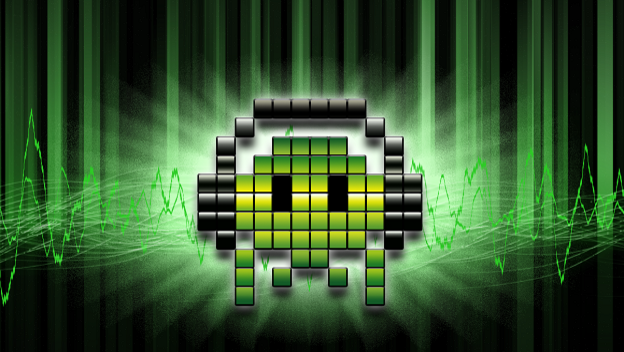I had a friend who once told me he couldn’t remember a single piece of music from any video game he had played. I called his bluff. What about the main Mario theme? “Okay, that doesn’t count,” he retorted. Why, because it isn’t “sophisticated” enough? Even people who aren’t familiar with video games can probably whistle – or at least recognize – Mario ‘s trademark jingle. As games have evolved, so too has their music, and while tunes from Mass Effect are admittedly more homogenous than Mario ‘s standout melodies, the aural component is equally critical to their respective experiences.
I’d be willing to wager that you unconsciously know plenty of music from the games you played as a kid, even if you’ve never specifically sought out their soundtracks. For me, music is indelibly etched into my brain as part of the audiovisual package when I play an especially memorable game – this applies to games both transcendent and heinous in equal measure. Music helps us form connections and mentally recreate experiences. What Halo player doesn’t know the iconic, swelling chorus that graces the game’s title screen? Ask any Final Fantasy VII fan about the Midgar escape sequence – two seconds of “Crazy Motorcycle” is probably enough for them to recall the whole thing with vivid clarity.
So where does this notion come from that music is inessential to video games? It could be rooted in players’ gaming tastes and the artificial dichotomy of “eastern” versus “western” modes of presentation. Historically, big-budget western games have taken a more movie-like approach to game music, often employing grandiose orchestration to suit protracted gameplay sequences. In essence, western game music tends to be more ambient or mood-setting. In contrast, eastern game music is generally more melodic, utilizing powerfully catchy melodies that give each sequence a distinct feel. Leitmotifs may also repeat over the course of a game at pivotal moments to build a connection between a particular melody and a place, character, or idea. Undertale ‘s soundtrack is a stunningly successful example of leitmotifs used to great effect.
My question is this: why don’t we honor composers with the same level of reverence as producers and developers? The names Peter Molyneux and Shigeru Miyamoto seem to come far easier to us than Masashi Hamauzu and Jack Wall. Of course, some of us (like me) are geekier than most and seek them out on purpose, but chances are that you can name way more developers than you can composers. Fansites like VGMDB are great places to learn about the people who make music for our games, and while I don’t expect the status quo to change anytime soon, I’d be delighted to see musicians receive higher billing in the marketing campaigns of high-profile titles.

Now, it is not my intention to argue that everyone should be playing games the same way I do, with the sound blasting 100% of the time. Not all soundtracks are created equal, and some games – those that encourage grinding, like Destiny or other MMOs – can certainly wear out their musical welcome after extended listening. Yet does it not still say something about the importance of music that we have proclivities or aversions to aural stimuli in the games we play? I refuse to accept the notion that video game music is anything less than “real” music. The next time you find yourself tapping along to the beat in a game you’re enjoying, take a moment to see who’s responsible – and if you’re feeling especially charitable, sending them a nice word via social media never hurts.
